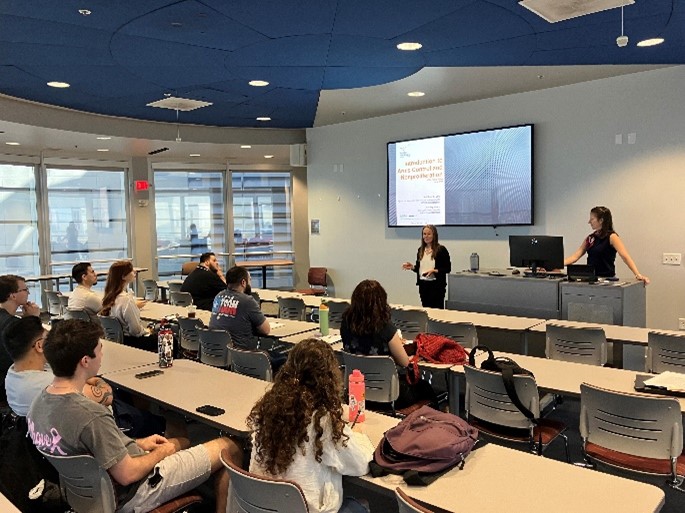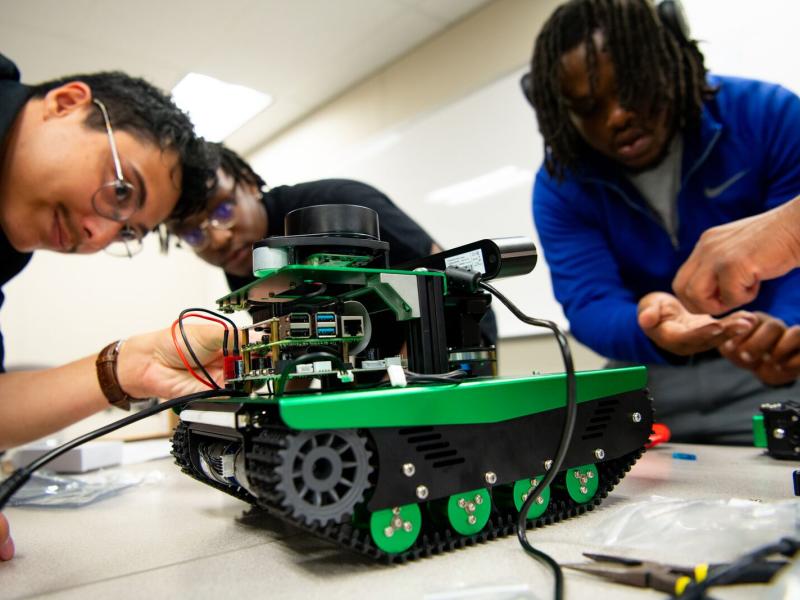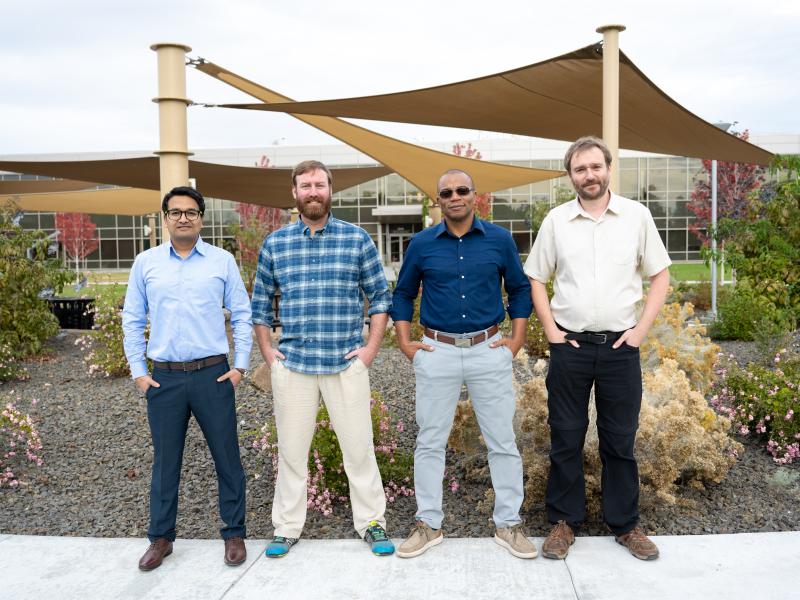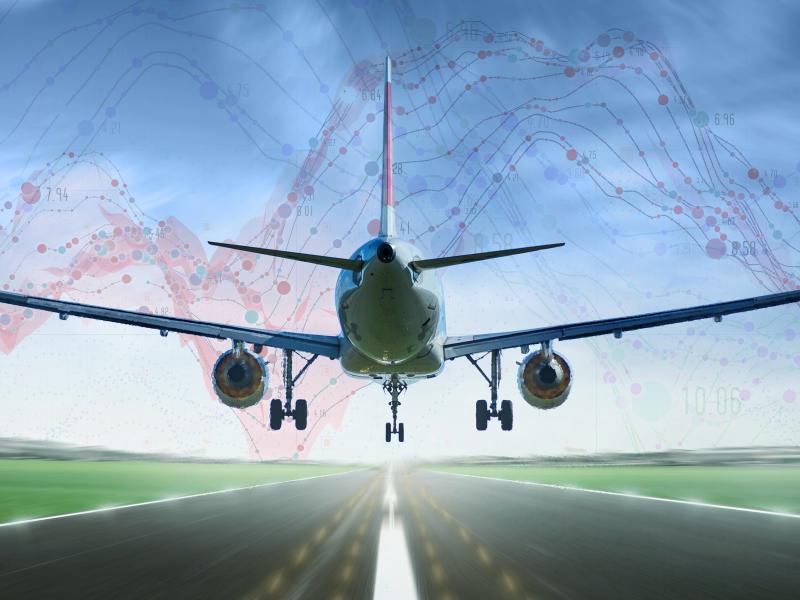
Minority-Serving
Institution Partnership
Program
Minority-Serving
Institution Partnership
Program
Partnering for our nation’s security
Partnering for our nation’s security
Interns gain hands-on experience in national security.
The National Nuclear Security Administration (NNSA) Minority-Serving Institution Partnership Program (MSIPP) is a research-based experience for students by providing competitive, merit-based opportunities.
NNSA's MSIPP develops strategic partnerships that create and support a sustainable career pathway that prepares talented students to make immediate and significant contributions to the national laboratories, plants, and sites.
About Our Interns
By investing in the students of today, MSIPP is cultivating the national security workforce of tomorrow. NNSA MSIPP interns work side-by-side with a scientist in a specific research area that aligns with NNSA’s mission by applying research to make our nation safer and stronger. Such research areas include:
- Biology
- Computational science
- Cybersecurity
- High-energy physics
- Mass spectrometry
- Radiation detection
- Radiochemistry

NNSA MSIPP interns are assigned a PNNL project advisor who guides their work on projects supporting a wide range of NNSA mission areas and capabilities. Interns will deliver a poster presentation on their work and internship experience as part of the end-of-summer internship symposium sponsored by the Office of STEM Education.

Want to learn more about NNSA MSIPP at PNNL, including who our interns are and what they do? Check out this suite of NNSA MSIPP intern posters and biographies.
“These past few weeks have definitely enhanced my critical thinking skills along with my ability to collaborate with others.”— NNSA MSIPP Intern
Funded by the National Nuclear Security Administration, MSIPP partners with 54 minority-serving institutions. PNNL is one of 14 DOE and NNSA laboratories, plants, and sites.





